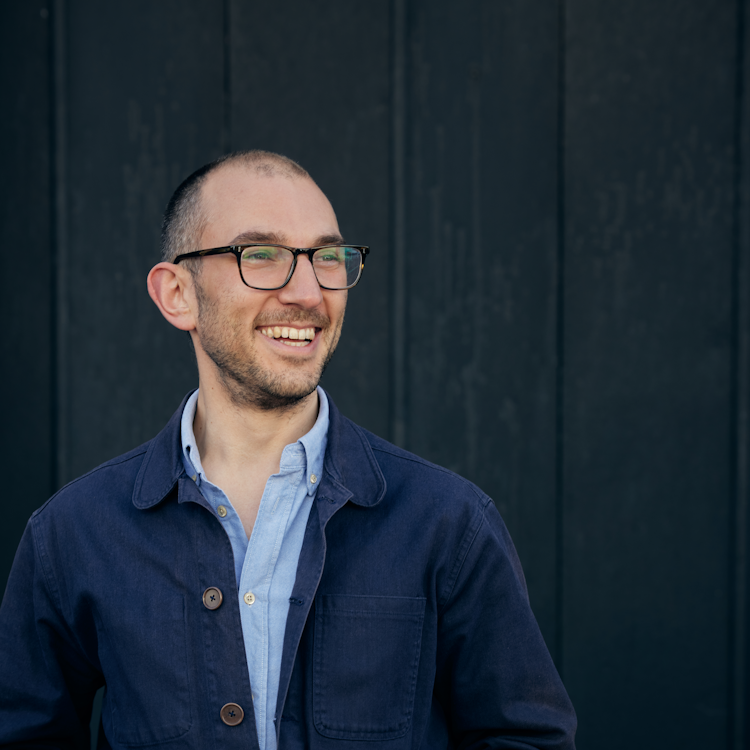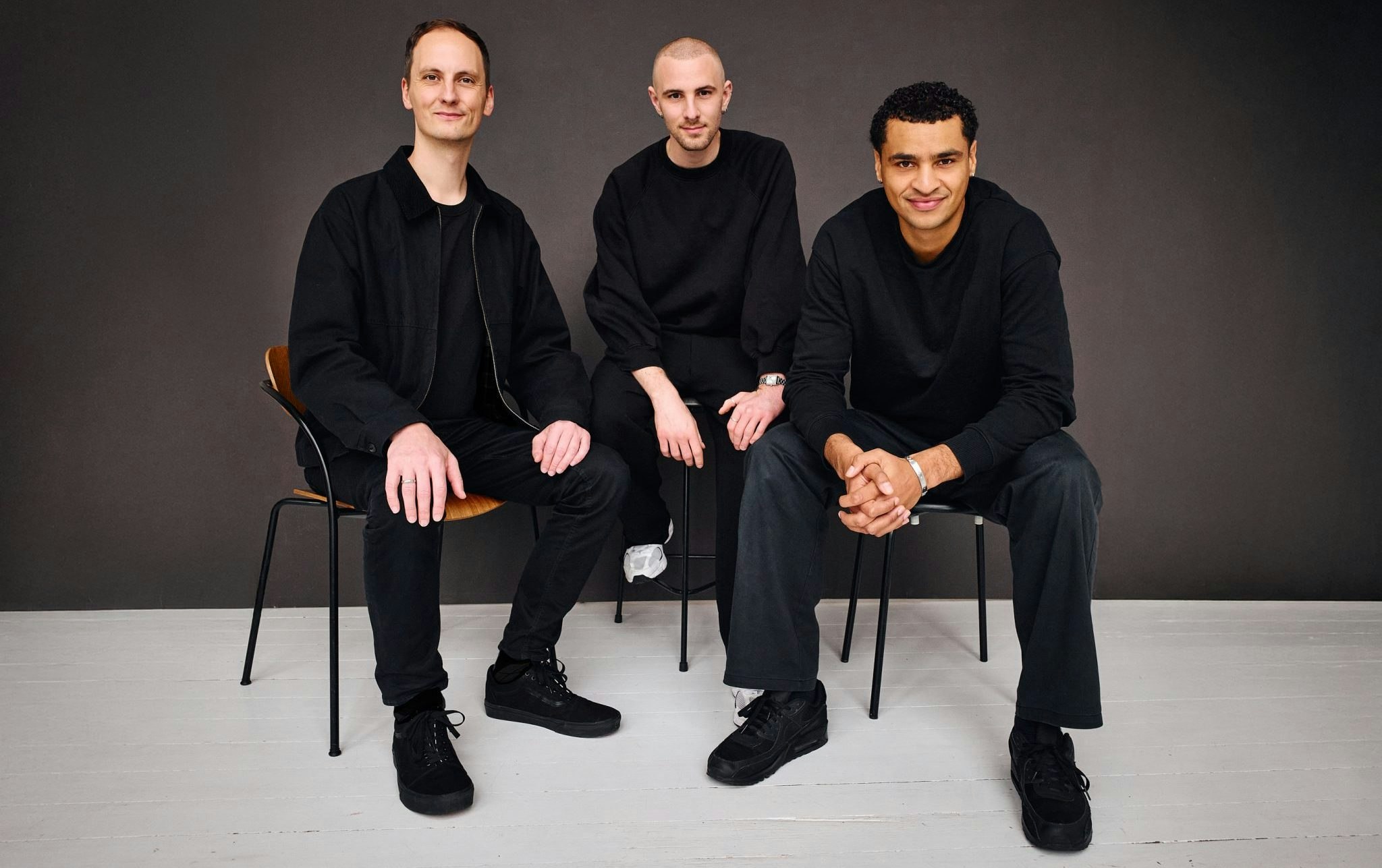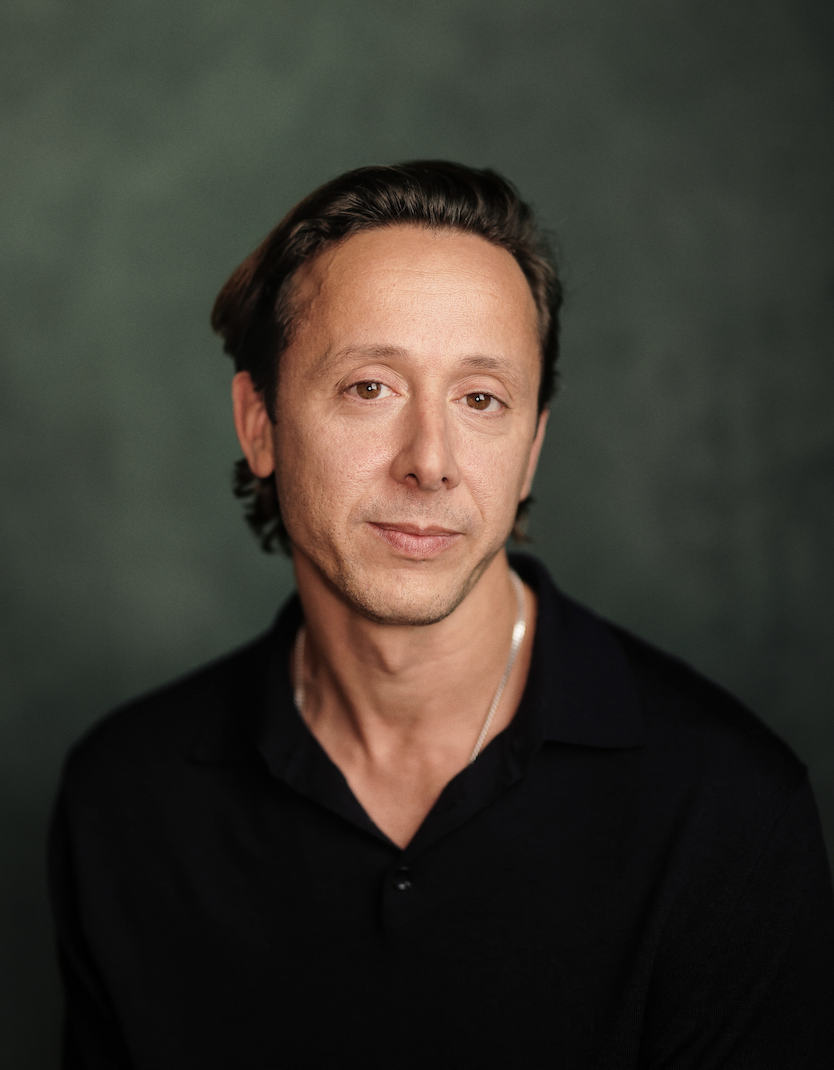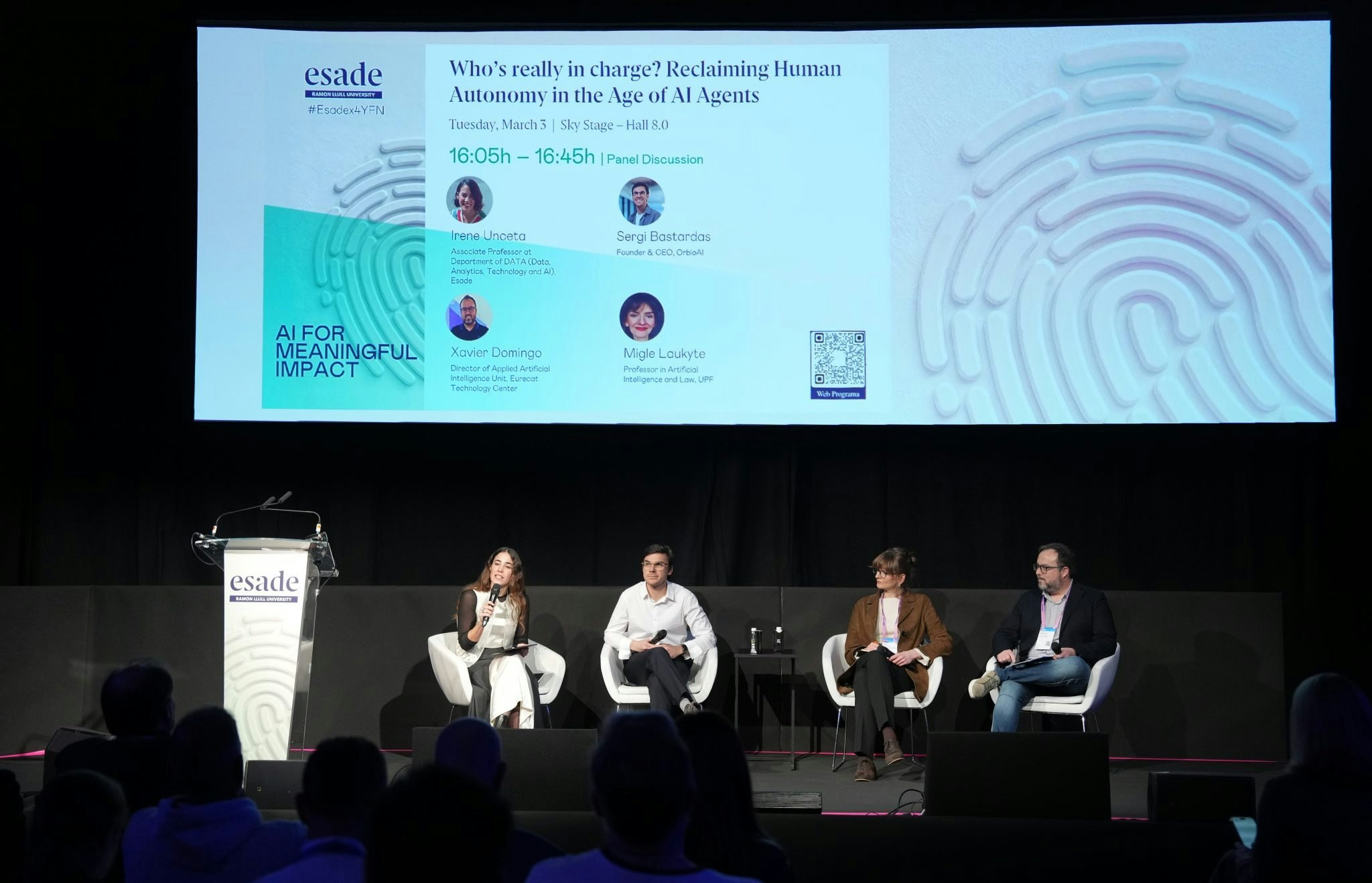Let me take you back to the final hour. I’m sat in a Zipcar behind Marylebone Town Hall and I’m minutes away from sharing my expertise on ‘how to build a successful wine subscription business’ at a wine conference.
I’m two years into building the business, and we’re on the brink of failure. I put the phone down on an investor who was our last hope, but they were out, and the business was over.
Steeped in the irony of the situation, I took a deep breath, walked into the conference and talked about how to be successful.
A week later, I’d let the team go and the liquidators were dismantling my warehouse and taking the keys to my office.
This was in 2021, just two years after I launched the business, called Wine List, which wanted to make learning about wine as easy as learning languages via Duolingo. In doing so I fulfilled a lifelong vision of mine to be a successful ‘entrepreneur’ and as a bonus, I’d seemingly done the impossible — started a business based on a personal passion.
We secured investment, I gave up my day job and saw immediate and phenomenal growth. But the upward trajectory was short-lived. By September 2021, despite our attempts to bolster revenue and extend the runway of the business, we ran out of cash. The business had failed.
Here’s what I learnt from the most intense two years of my working life to date.
Don't build around a personal passion
Or, don’t fall in love with an idea unless you’re sure there’s a problem to fix.
With Wine List, we were solving a problem — that millions of people around the world wanted to learn about wine but the ways to do so were bad.
I was convinced that if we got this right then we would be a success. But I’d found what I thought was a problem and didn’t bother testing it.
If we had, we'd have found out that if you asked 100 wine drinkers, ‘Do you wish you knew more about wine?’, you’d find almost all of them would say, ‘Yes’. But if you asked if they would actively change something in their life (e.g. pay for a subscription or change how they drink wine) to do that, the number would go down a lot.
Sure, people wished they knew more about wine — but we never validated that problem.
In marketing, we know that attention is nanoseconds long. Grabbing it is difficult. Grabbing it and then telling that person they need to change something in their life to buy from you? That’s going to be almost impossible.
Always be aware of the changing dynamics of the market
Your consumer is not a fixed thing living in a vacuum. Market wants, dreams, desires and demands change all the time.
With Wine List there was a short period — the pandemic — when the market felt the need for the product. There couldn’t be a better example of the right time, right place.
By tapping into people’s desire for learning experiences at home during Covid, in four months our monthly revenue went from £2.5k to £45k.
But when lockdowns eased, life returned to some kind of normal and what had been a gravitationally powerful product market fit simply disappeared.
The market isn’t static, and neither should your product be. Always be measuring product market fit. Always be learning about your customers.
Don’t lose your appetite for risk just because sh*t gets scary
Redundancies, late payments, and capital tied up in stock you can’t sell. All of this brings constant existential threat, fear and perpetual anxiety. It’s cliche, but it wakes you up at 3am and makes you a worse founder.
In my life as a growth marketer, I almost always pushed for more budget and more risk. “How much do you want to spend?” one boss once asked me. “How much do you want to grow?” I responded.
I had a very high risk tolerance. But when it was my money, and I had to personally answer to my investors, that changed.
As a founder, I lost confidence as soon as I could see the end of the runway. I was optimising for life extension, not growth and learning.
That stopped me from making bigger bets like product changes or hiring new people — and I’m sure that was the wrong decision.
Don't make revenue your north star metric — do this instead
As revenue from our core proposition dropped off, we began scrambling to make it work, building in new revenue models: running tasting events, selling wine ‘by the glass’ and allowing people to buy additional bottles. These gave us a much-needed second peak of success but it was a sticking plaster.
All the while we were moving further and further away from what our customers wanted and focused on plugging the gaps in revenue with short-term solutions. This is something which I know (and knew then) is always a bad idea.
Revenue is detached from core customer value. It was possible with a lot of focus and attention to boost short-term revenue, but it didn’t create long-term customer value. We got quite good at selling some wine, but no one was there for the long-term core proposition of learning.
Live your current unit economics, not your future ones
I didn’t realise it at the time, but we were going through a generational shift in business. The 2010s was a decade of cheap capital; the 2020s is an expensive one.
I was always thinking of the future when talking to investors: “When we hit 50,000 customers, our gross margin will be about 55%.”
But I should have been thinking of unit economics today. Growing consumer businesses with 20% margins like we had is close to impossible. You really need 50, 60, 70%+ margins to get a consumer product business working online.
When the business closed down, one of my investors, serial entrepreneur George Burgess, called me up. He said, “Well done, you’ve done it now, you’ve had a failed company, and now you know the secret: it doesn’t matter.”
The reality of failing is brutal but it was the fear of failure that was always a hindrance. I’ve done it now — and I'm a better founder for it.




